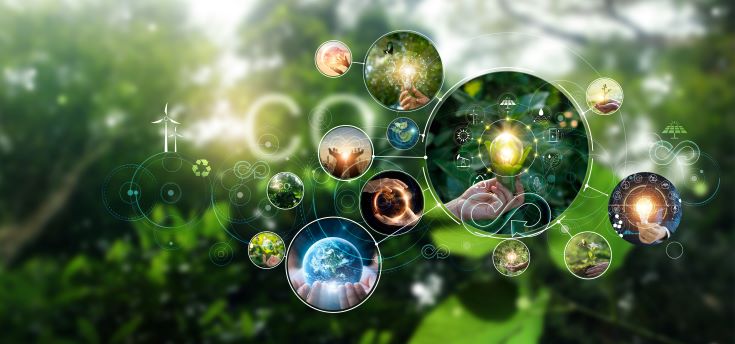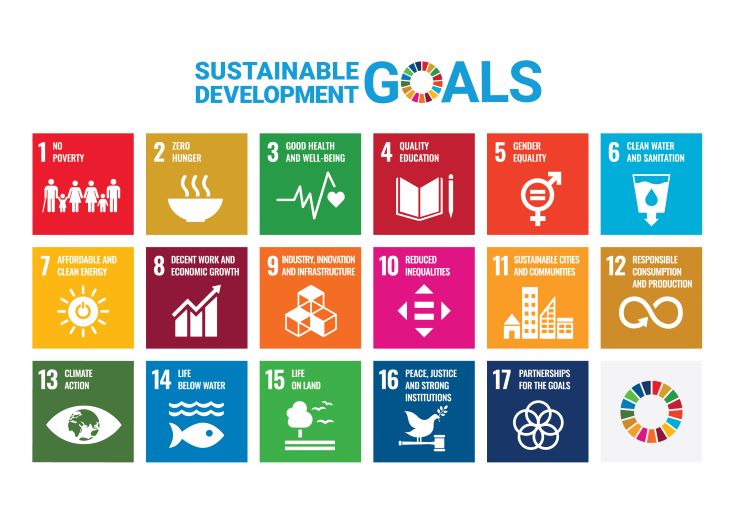-
Courses

Courses
Choosing a course is one of the most important decisions you'll ever make! View our courses and see what our students and lecturers have to say about the courses you are interested in at the links below.
-
University Life

University Life
Each year more than 4,000 choose University of Galway as their University of choice. Find out what life at University of Galway is all about here.
-
About University of Galway

About University of Galway
Since 1845, University of Galway has been sharing the highest quality teaching and research with Ireland and the world. Find out what makes our University so special – from our distinguished history to the latest news and campus developments.
-
Colleges & Schools

Colleges & Schools
University of Galway has earned international recognition as a research-led university with a commitment to top quality teaching across a range of key areas of expertise.
-
Research & Innovation

Research & Innovation
University of Galway’s vibrant research community take on some of the most pressing challenges of our times.
-
Business & Industry

Guiding Breakthrough Research at University of Galway
We explore and facilitate commercial opportunities for the research community at University of Galway, as well as facilitating industry partnership.
-
Alumni & Friends

Alumni & Friends
There are 128,000 University of Galway alumni worldwide. Stay connected to your alumni community! Join our social networks and update your details online.
-
Community Engagement

Community Engagement
At University of Galway, we believe that the best learning takes place when you apply what you learn in a real world context. That's why many of our courses include work placements or community projects.
Education for Sustainable Development ESD
What is Education for Sustainable Development (ESD)?

Education for sustainable development (ESD) is an approach to education that supports students to develop the skills and competences they will need to promote a more sustainable future, regardless of their discipline of study and future profession. According to UNESCO (2024);
Education for sustainable development (ESD) gives learners of all ages the knowledge, skills, values, and agency to address interconnected global challenges including climate change, loss of biodiversity, unsustainable use of resources, and inequality. It empowers learners of all ages to make informed decisions and take individual and collective action to change society and care for the planet. ESD is a lifelong learning process and an integral part of quality education. It enhances the cognitive, socio-emotional and behavioural dimensions of learning and encompasses learning content and outcomes, pedagogy and the learning environment itself.
UNESCO, 30 May 2024
In line with the National Strategy on Education for Sustainable Development (ESD) and building on previous and existing work across the institution, the University of Galway aims to provide opportunities for all to students to develop the knowledge, competencies, values and motivation they will need to be agents of change in creating a sustainable future.
What is the link between ESD and the SDGs?
Engagement with the UN’s Sustainable Development Goals (SDGs) is a priority action at the University of Galway. It is embedded in our culture, teaching, research, operational policies and governance structures. SDGs may be seen as contact zones and way-stations – or sites of discussion.

Knowing about the SDGs is not, on its own Education for Sustainable Development (ESD). ESD involves cognitive, socio-emotional and behavioural elements and goes beyond mapping and learning about the SDGs. ESD supports students to develop particular competencies – the knowledge, skills, values and attitudes required to take informed decisions and make responsible actions for sustainability. There are different competency frameworks associated with ESD and in 2017 UNESCO produced a set of 8 key sustainability competencies that are particularly suitable for working across university disciplines.
Systems thinking competency: the ability to recognize and understand relationships, to analyse complex systems, to perceive the ways in which systems are embedded within different domains and different scales, and to deal with uncertainty;
Anticipatory competency: the ability to understand and evaluate multiple futures – possible, probable, and desirable – and to create one’s own visions for the future, to apply the precautionary principle, to assess the consequences of actions, and to deal with risks and changes;
Normative competency: the ability to understand and reflect on the norms and values that underlie one’s actions and to negotiate sustainability values, principles, goals and targets, in a context of conflicts of interests and trade-offs, uncertain knowledge and contradictions;
Strategic competency: the ability to collectively develop and implement innovative actions that further sustainability at the local level and further afield
Collaboration competency: the ability to learn from others; understand and respect the needs, perspectives and actions of others (empathy); understand, relate to and be sensitive to others (empathic leadership), deal with conflicts in a group; and facilitate collaborative and participatory problem-solving;
Critical thinking competency: the ability to question norms, practices and opinions; reflect on one’s own values, perceptions and actions; and take a position in the sustainability discourse;
Self-awareness competency: the ability to reflect on ones' own role in the local community and (global) society, continually evaluate and further motivate one’s actions, and deal with one’s feelings and desires;
Integrated problem-solving competency: the overarching ability to apply different problem-solving frameworks to complex sustainability problems and develop viable, inclusive and equitable solutions that promote sustainable development – integrating the above-mentioned competencies.
Teaching methods associated with these key competencies should be action-oriented and learner-centered; utilising methods and strategies such as problem-based learning, simulations, case studies, place-based learning, and moving students through the experiential learning cycle. Learning outcomes, assessments, and activities should target the cognitive, socio-emotional, and behavioural domains to support transformative learning.
What ESD plans do we have at the University of Galway?
In Spring of 2024, the Centre for Excellence in Learning and Teaching (CELT) established two full-time lectureships in ESD, funded under the Strategic Alignment of Teaching & Learning Enhancement (SATLE) scheme of Ireland’s National Forum for the Enhancement of Teaching and Learning. These lecturers are working collaboratively with colleagues in CELT and across campus to ensure that the SDGs and key sustainability competencies are embedded in all of the university’s undergraduate and postgraduate degree programs. In addition, they are providing academic and professional staff who support student learning with professional development that promotes appropriate and innovative pedagogical approaches.
Steps involved with embedding the SDGs and key sustainability competencies in the curriculum include working with programme leaders to:
- Identify SDGs most relevant to the discipline and uncover how key sustainability competencies manifest in related professions.
- Map degree programmes to the SDGs and key sustainability competencies to identify strengths and opportunities for improvement.
- Develop a plan for enhancing connections to the SDGs and ensuring the development of students’ sustainability competencies throughout their programmes of study.
- Foster the competencies needed by academic and professional staff to develop and implement ESD through professional development opportunities.
An undergraduate module (Introduction to Sustainability) is available to all students in the University (Contact: Dr. Gesche Kinderman). For staff, the CELT micro-credential CEL6109 Embedding Sustainability in Teaching and Learning is available to all University staff (Contact: Dr. Alma Clavin).
Do you want to be part of our ESD Academic Learning Community?
Please contact us if you would like to be part of an ESD faculty learning community. The purpose of this group is to share ESD resources and discuss potential transdisciplinary collaborations for learning.
For further information about ESD at the University of Galway, please contact:
Dr. Elizabeth Hurley (supporting staff and curricular development in the College of Medicine, Nursing and Health Sciences; and the College of Science and Engineering)
Dr. Alma Clavin (supporting staff and curricular development in the College of Arts, Social Sciences and Celtic Studies; and the College of Business, Public Policy and Law)
Some Useful Resources
ESD Literature and Resources
Issues and Trends in Education for Sustainable Development - provides a comprehensive introduction to ESD.
Identifying Key Issues in Education for Sustainable Development - discusses twelve key issues in ESD
National Strategy on Education for Sustainability in Ireland - a framework to support the contribution that education is making toward a sustainable future.
SDG Mapping Tools
University College Cork - SDG mapping tools for a module, program, and research and can be used by students to map their module
https://sdgimpactassessmenttool.org
ESD Instruction
ASU Key Competencies in Sustainability - Arizona State University’s overview of sustainability competencies, provides an easy-to-understand explanation of each along with an exemplary professional task.
Current Practice of Assessing Students' Sustainabilty Competencies: a review of tools - Reviews the features, strengths and weaknesses and potential improvements of commonly used assessment tools.
Education for Sustainable Development Goals: Learning Objectives – cognitive, socio-emotional, and behavioral learning objectives and suggested topics strategies for all SDGS.
Sustainable Foundations: A guide for teaching the Sustainble Development Goals provides targets, learning objectives, and suggestions for teaching all 17 SDGs.
Teaching Local/Global SDG Connections Through Case Studies - An example of how Georgia Tech is using case studies to make local and global connections to the SDGs.















